Table of Contents
Selecting the appropriate sunscreen is crucial for shielding your skin from damaging UV radiation. With so many options available, it’s important to understand the differences between chemical vs. mineral sunscreen. Each type has its own unique benefits and drawbacks, making it crucial to select the one that best suits your needs.
What is Chemical Sunscreen?
Chemical sunscreens contain active ingredients that work by absorbing UV rays. Some of the most common ingredients found in these sunscreens include avobenzone, oxybenzone, octisalate, and octocrylene. When applied to the skin, these ingredients convert UV rays into heat, which your body then releases. This process allows chemical sunscreens to provide effective protection against sun damage.
One of the main advantages of chemical sunscreens is their lightweight texture. They tend to feel less heavy on the skin, making them a popular choice for everyday wear. Additionally, chemical sunscreens absorb quickly and do not leave a white cast, making them suitable for all skin tones. However, it’s important to note that some people may experience skin irritation from certain chemical ingredients, particularly those with sensitive skin. Furthermore, environmental concerns have been raised about some chemical sunscreen ingredients that can harm coral reefs.
What is Mineral Sunscreen?
Mineral sunscreens, on the other hand, use natural ingredients such as zinc oxide and titanium dioxide. These substances function as physical blockers by remaining on top of the skin and deflecting UV light. Unlike chemical sunscreens, mineral sunscreens provide immediate protection upon application, which is a significant advantage for those looking for instant sun defense.
The benefits of mineral sunscreen extend to its gentleness on the skin. It is an excellent option for individuals with sensitive skin or conditions like rosacea or eczema. Moreover, mineral sunscreens are considered more eco-friendly, as they are less likely to harm marine life compared to some chemical ingredients.
However, one downside is that mineral sunscreens can have a thicker texture, which may feel heavy on the skin. They can also leave a white cast, particularly on darker skin tones, making them less appealing for some users.
Chemical vs. Mineral Sunscreen: Key Differences
Here's a comparison table highlighting the key differences between chemical vs. mineral sunscreen:
|
Feature |
Chemical Sunscreen |
Mineral Sunscreen |
|
Active Ingredients |
Avobenzone, Oxybenzone, Octisalate, Octocrylene |
Zinc Oxide, Titanium Dioxide |
|
How It Works |
Absorbs UV rays and converts them to heat |
Sits on the skin and reflects UV rays |
|
Application |
Requires about 20 minutes to activate |
Provides immediate protection |
|
Texture |
Lightweight and non-greasy |
Thicker, may feel heavy |
|
White Cast |
No white cast; blends well |
May leave a white cast, especially on darker skin |
|
Skin Sensitivity |
May irritate sensitive skin |
Gentle, suitable for sensitive skin |
|
Environmental Impact |
Some ingredients may harm coral reefs |
Generally more eco-friendly |
|
Water Resistance |
Often more water-resistant |
Less water-resistant |
|
Best For |
Daily wear, active lifestyles |
Sensitive skin, eco-conscious users |
Which is Best for You?
When deciding between chemical vs. mineral sunscreen, consider your specific skin type and lifestyle. If you have sensitive skin, mineral sunscreen may be the better choice for you, as it is less likely to cause irritation. On the other hand, if you lead an active lifestyle or spend a lot of time in the water, you might prefer chemical sunscreen for its water-resistant properties.
If environmental impact is a concern for you, mineral sunscreen is generally the safer option for marine ecosystems. Additionally, makeup users may find chemical sunscreens more convenient, as they often blend well and don’t leave a noticeable residue.
Ultimately, both types of sunscreen are effective at protecting your skin from harmful UV rays. The best choice for you will depend on your personal preferences and skin needs.
Final Thoughts
Follow us on:- Facebook, Instagram, YouTube
Read More:- 5 Harmful Chemicals in Face Washes You Should Avoid



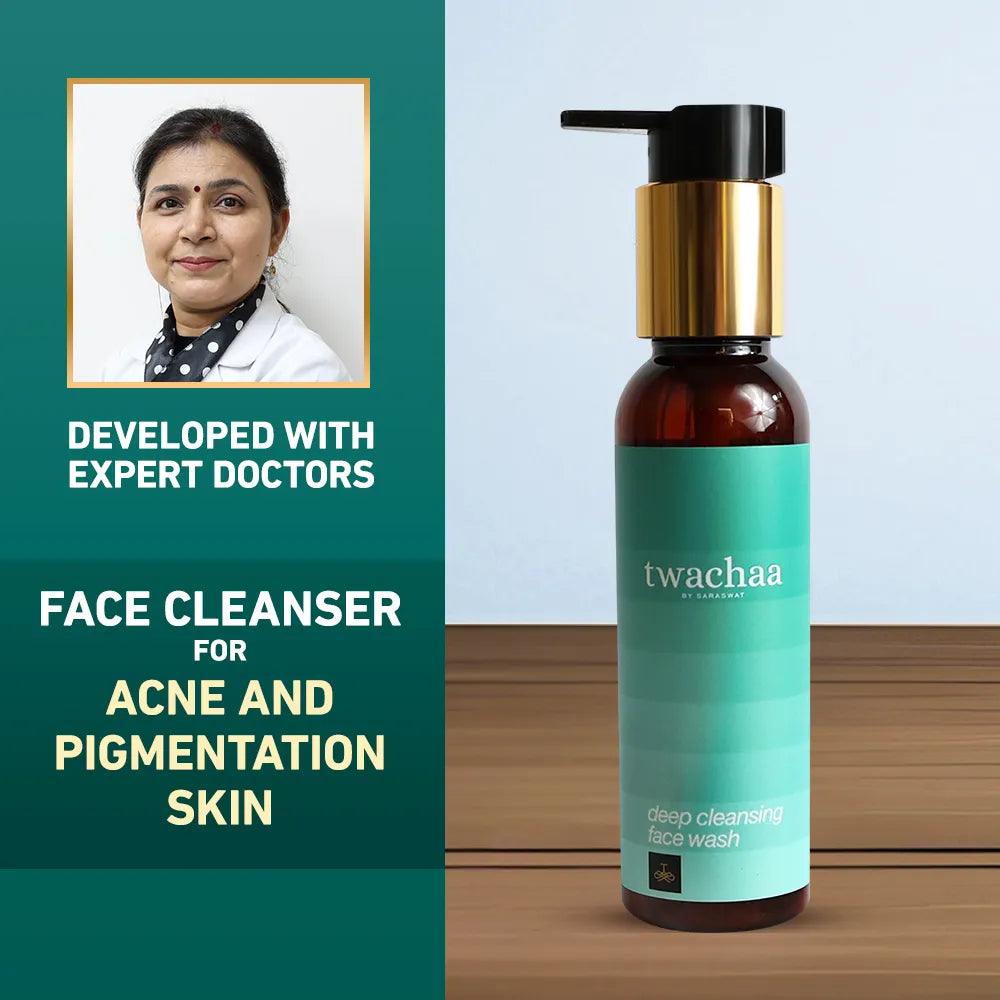
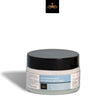

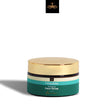

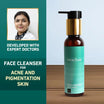
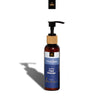

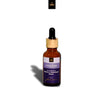
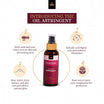
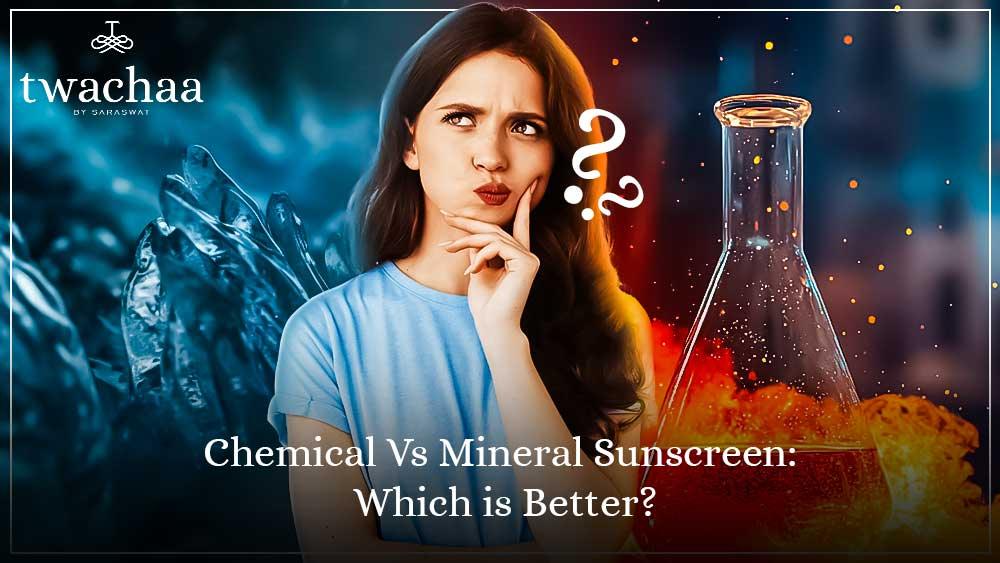
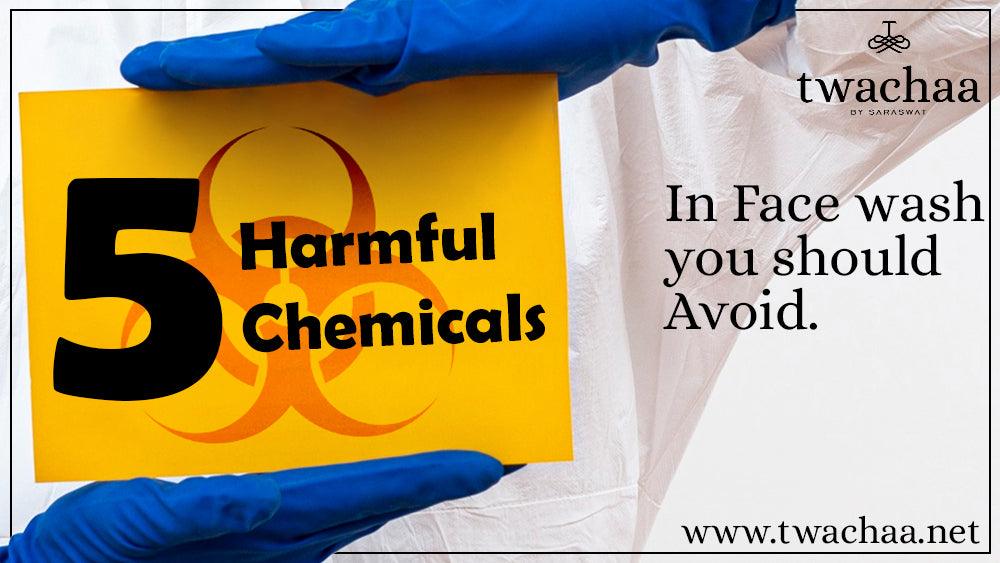
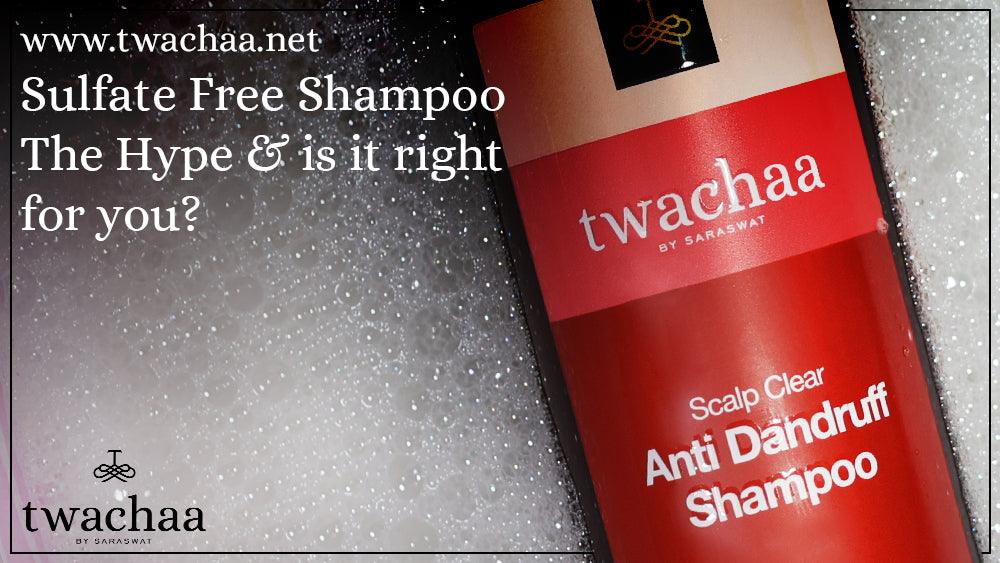
Leave a comment
This site is protected by hCaptcha and the hCaptcha Privacy Policy and Terms of Service apply.